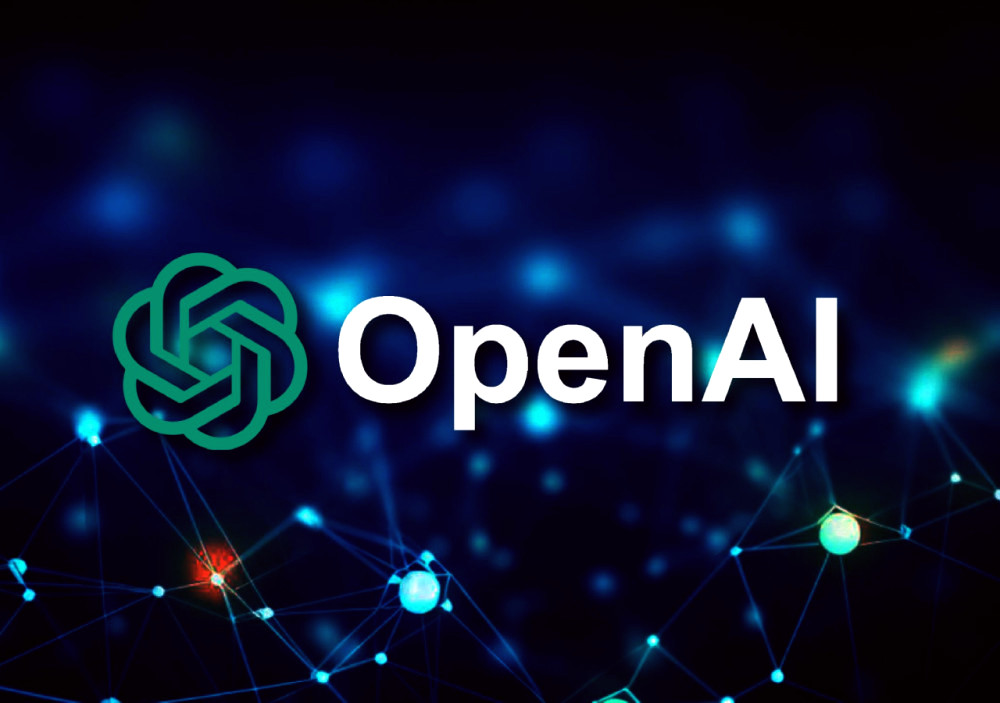OpenAI has set ambitious goals to create a "smart assistant powered by artificial intelligence that deeply understands you and serves as your interface to the internet". This information has emerged from documents related to the U.S. Department of Justice's case against Google regarding antitrust violations.
Although much of the document has been redacted, it sheds light on some of OpenAI's plans. Specifically, it reveals the company's intent to rethink how we use the internet by designing a new AI interface.
The assistant is described in the document as an "intelligent entity with T-shaped skills". This potential agent will be tailored to the user and accessible anywhere ChatGPT is available. The "T-shaped form" symbolizes its deep knowledge and broad skills for handling "exhausting daily tasks".
According to OpenAI, this assistant will be capable of performing various tasks: answering questions, searching for housing, communicating with lawyers, signing you up for a gym, planning vacations, buying gifts, managing calendars, keeping to-do lists, sending emails, and much more.
The assistant is planned for release in the first half of 2025, although this is the first mention of such a tool. OpenAI has not yet announced any new products or similar agents, and with the first half of the year nearing its end, it is likely that the release deadline may be pushed back.
Additionally, the document mentions a "broader play", which could potentially bring ChatGPT into the realms of search engines, browsers, and even operating systems. However, what specific product this will be remains unknown, as the key term from the paragraph was redacted.
"Then there is the broader play: creating a super assistant, and then [REDACTED]. Now we deal with search engines, browsers, even interaction with real people. This isn't a direct confrontation. It’s about solving an increasing number of use cases and gradually engaging users. That’s why we don’t call our product a search engine, browser, or OS—it’s just ChatGPT", the document states.
